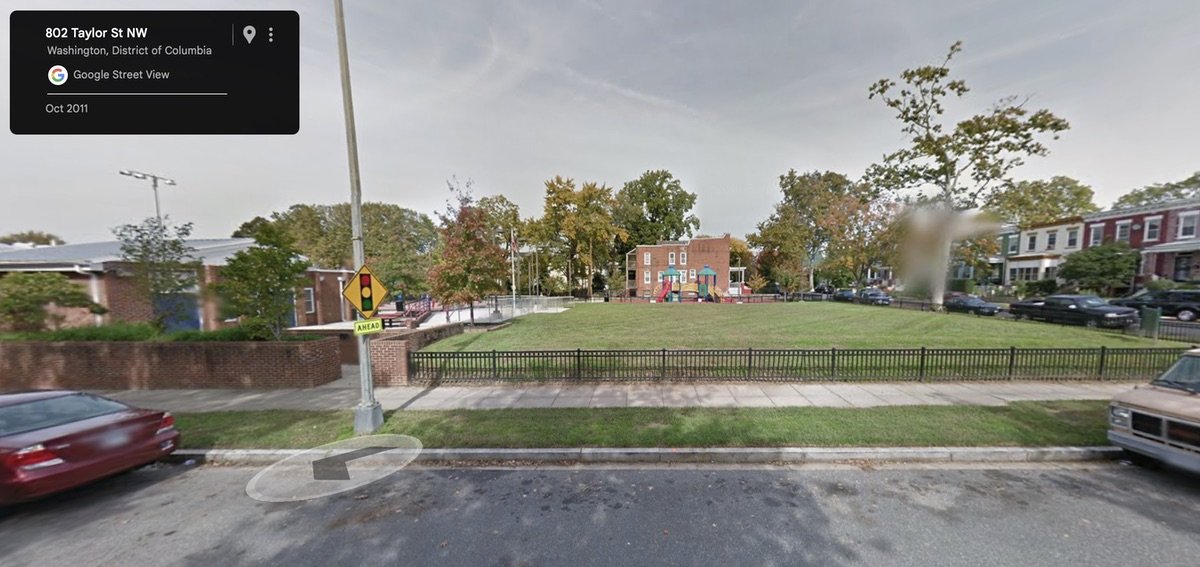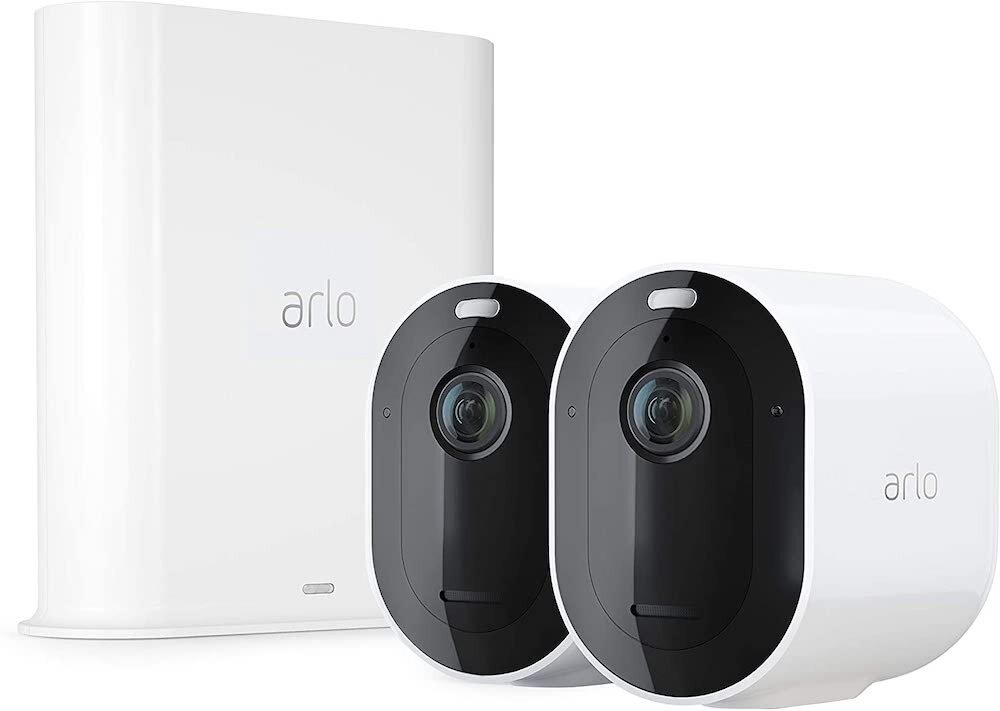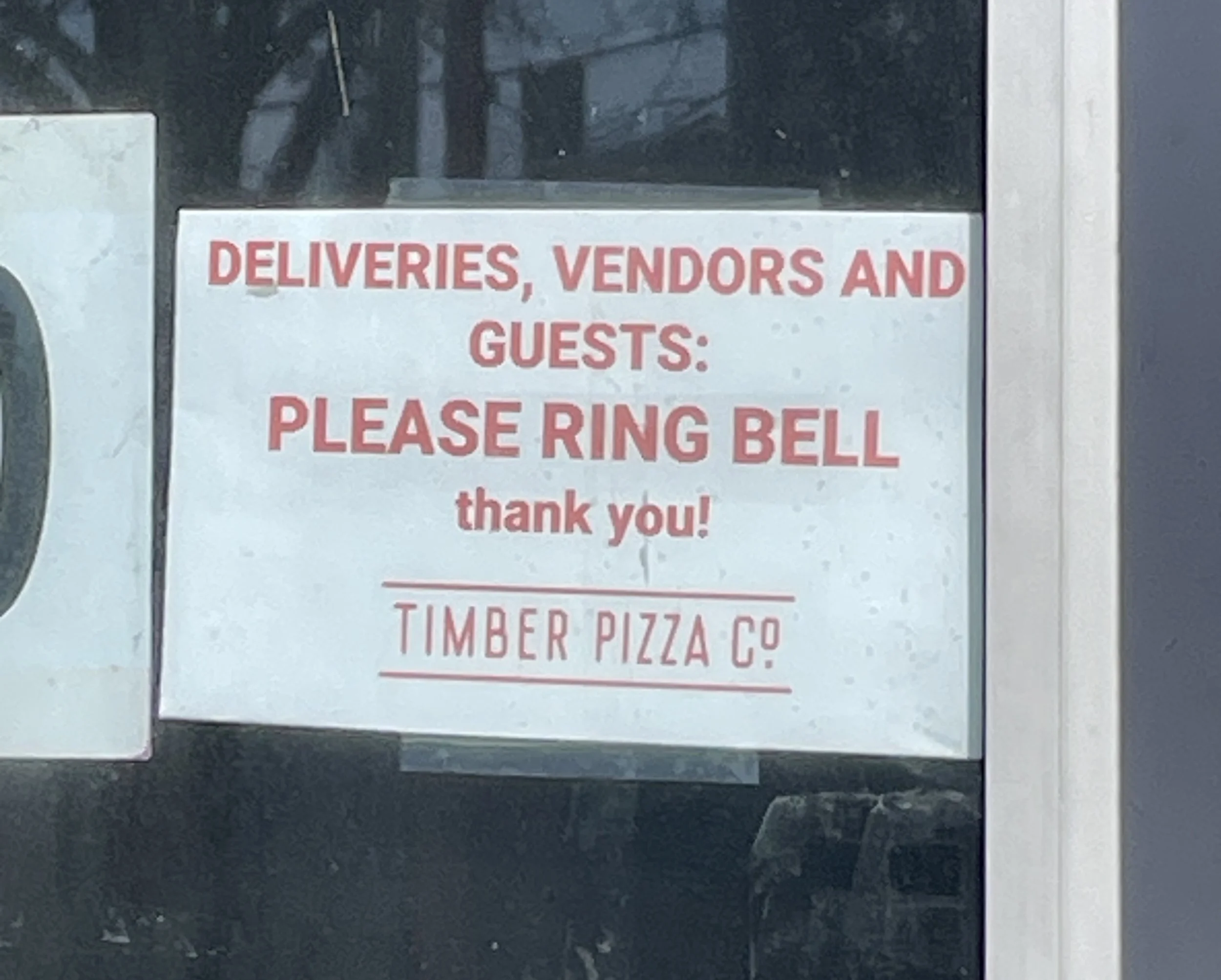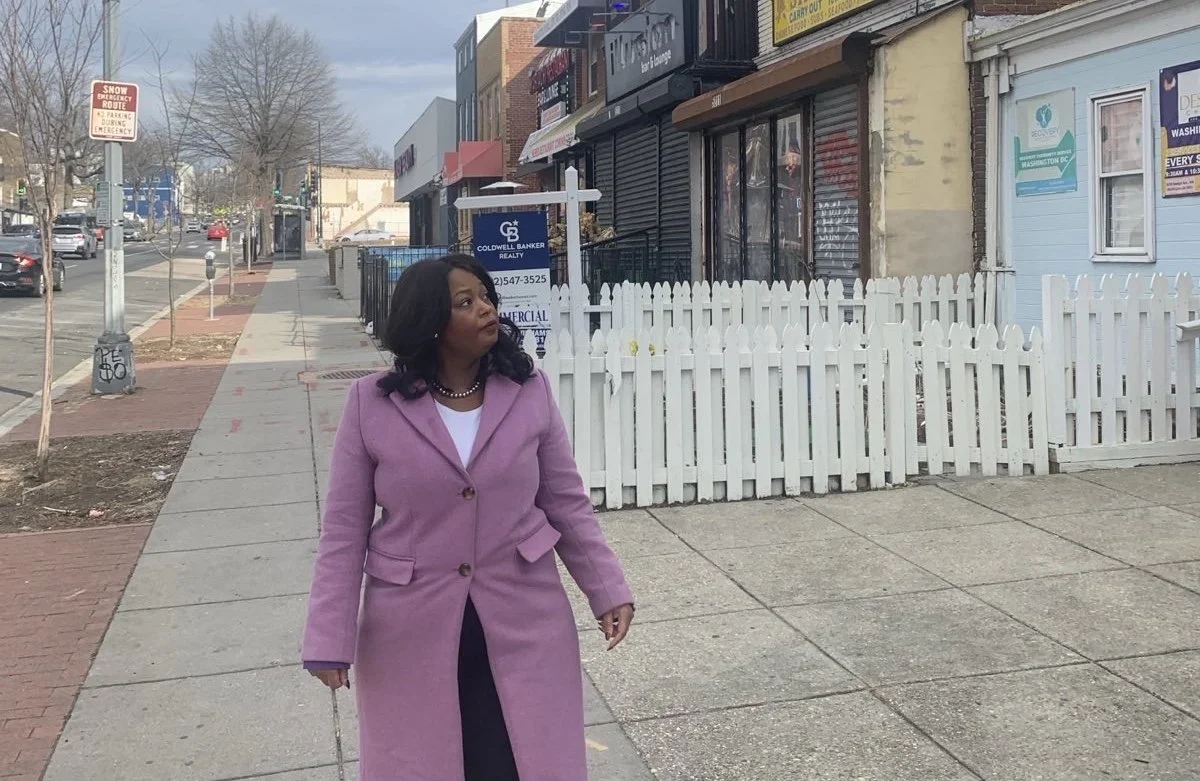New recycling rules go into effect, more can be recycled for a cleaner city
/(image: DPW zerowaste)
The Department of Public Works (DPW) sent out a press today informing the public that the list of items that can be recycled has increased. Most of the new items involve food, like to-go cups, cup trays, food boxes, etc.
So you can now recycle used pizza boxes but can't recycle plastic bags. Plastic bags can be returned to grocery stores instead of thrown out. You can start recycling these items today, and the rules go into effect / will be enforced as of January 1, 2018.
See full press release below and visit DPW's Zero Waste website for details:
List of Recyclable Items in DC Expands
New requirements go into effect Jan. 1, 2018, but residents can begin recycling new items today
(WASHINGTON, DC) Today, officials from the Department of Public Works (DPW), the Department of Energy and Environment (DOEE), and the Department of General Services (DGS) announced an expanded list of recyclable items in the District. The officials also unveiled DC’s new Zero Waste website, a one-stop resource for District residents, businesses, and schools to learn about how to recycle, compost, reduce waste, and properly dispose of hazardous waste.
The District strives to achieve a goal of diverting 80 percent of citywide waste from landfills and waste to energy facilities. The increased number of recyclable items and focus on resident education aims to assist in achieving this goal.
Paper, plastic, metal, cartons and glass are currently recycled in the District with additional items to include: pizza boxes; paper and plastic plates, cups, lids, and to-go containers; plastic produce, deli/bakery containers, and trays. Through the addition of these items, the District joins a select group of cities that accept foodservice packaging for recycling, thereby supporting the development of local and national solutions to recycling new materials.
“We encourage all residents to begin recycling these new items at home, at work, and in schools,” said DPW Director Christopher Shorter. “These items, in addition to everything residents are already accustomed to recycling, can be placed loose in the blue recycling bins residents bring out to the curb each week.”
As a reminder, plastic bags, wraps, and film are not accepted in the District’s recycling. These items clog facility equipment, imposing downtime and safety hazards to recycling facility employees. Many supermarkets and large retailers have plastic shopping bag return/recycling bins in their stores.
These changes apply to District residents serviced by DPW, living in single-family homes or buildings with three or fewer units. Effective January 1, 2018, commercial properties including multi-family dwellings, office buildings, and restaurants, will also be required to recycle this full suite of materials.
“The EPA salutes the District’s efforts to expand recycling options for its residents and businesses. Innovative local efforts like this help divert valuable items from the waste stream and back into productive use,” said Nigel Simon, Acting Principal Deputy Assistant Administrator, U.S. EPA’s Office of Land and Emergency Management. “This helps save resources and energy, spur new economic development, and create job opportunities.”
During today’s event, Dan Guilbeault, Sustainability and Equity Branch Chief at DOEE, highlighted the District’s new compostable and recyclable foodservice ware requirements. Packaging waste occupies a significant amount of space in our landfills. Recyclable and compostable alternatives, however, can be reconstituted into other useful products.
The announcement was made at Burroughs Elementary School, which was honored earlier this year among the top-performing DCPS Recycles! schools in the District. DGS Associate Director Dobelbower commended the staff and students of Burroughs Elementary, and highlighted the program’s success in helping the District reduce waste. Students from the school helped demonstrate the newly recyclable items.
"It is due to the commendable collaboration of the Burroughs teachers, leadership, and maintenance staff that these students are empowered to teach others in their community about the importance of sustainability,” said Zach Dobelbower, Associate Director of Sustainability and Energy at DGS. “By providing the resources to recycle and creating a culture of joy, rigor, and responsibility, Burroughs has prepared these young leaders to be ambassadors for a cleaner, greener Washington, DC."
For more information about the new recyclable items and the Zero Waste DC campaign, visit zerowaste.dc.gov to learn more.
Background:
The new list of recyclables was developed following a survey of eight material processing facilities (MRFs) within a 45-mile radius of the District. Materials added to the list were accepted by a majority of MRFs in the region. The new list is a requirement of the Sustainable Solid Waste Management Amendment of 2014. The purpose of which is to provide a single comprehensive list of recyclable and compostable materials for DC residents, schools, and businesses.





















